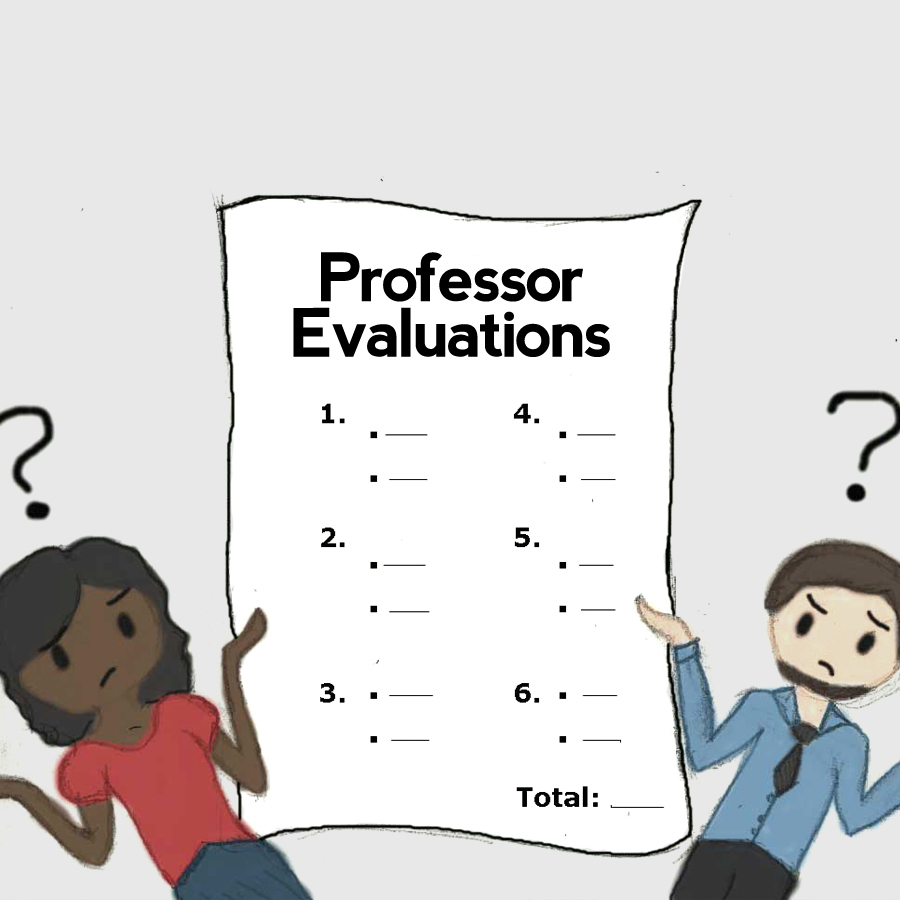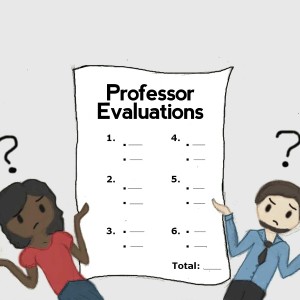Instructors under scrutiny


Students at Wilfrid Laurier University are familiar with the task of filling out professor evaluations at the end of each term. The current form, which consists of nine questions, dates back to 1999. But there have been talks underway that are aiming at revamping the dated forms.
“The primary purpose of professor evaluations, I’ve always thought, was to make me a better teacher,” said Michel Desjardins, associate dean of research and curriculum for the faculty of arts. “The question is, how do you design a course evaluation form that raises the chances of good responses from students and raises the chances of professors taking them seriously?”
“There is now a senate committee on undergraduate teaching and they are in the process of making a new course evaluation form to be released in the Winter term of 2015 that will completely change how the evaluations are done,” revealed Desjardins.
“The thing is most of us want to hear feedback,” he continued. “I wish there was more back and forth between students and profs that didn’t just entail an evaluation.”
Two main changes are expected for the revamped evaluations: first, the evaluations will be done online by students; the second involves reforming the questions asked to be more open-ended in order to give students a space to explain their reason for a particular answer.
“It’s going to be much more flexible and much more interactive,” said Desjardins, “and it allows for this back and forth communication, which is great.”
While the new online forms are said to promise the same anonymity as the current forms, there remains some speculation from staff and students about how the changes will affect the quality of feedback.
“With online surveys there is often a question whether or not people will respond more or less, and of course if the number of responses drops that is concerning because we rely on these student responses to obtain a representative evaluation,” explained global studies assistant professor, Sheri Lynn Gibbings.
Some professors have found conducting their own surveys in order to gather more feedback a good solution to the lack of qualitative information provided by the current evaluations.
“I often use an informal method that asks qualitative questions that allow for more descriptive answers in order to get more specific feedback from my students,” said Gibbings.
The current system for professor evaluations gives feedback to professors for their own professional development, but they can also be big factors in decisions of promotions and re-signing contracts.
“I think students should take them very seriously and I hope that the professor that receives them after they are filled in also takes them seriously,” stated Desjardins. “In a sense, you are building a better Laurier by doing that … because students don’t always have the opportunity to contribute in this way.”
Rachel Thurley, a second-year financial math student, shared her opinion on professor evaluations.
“I find that they’re kind of useless. I don’t really fill them our properly and I know a lot of people I’m in class with either don’t fill them out or just give the same evaluation so it’s not like they’re really effective.”
With the speculated deadline of the Winter 2015 term for the release of the new evaluations quickly approaching, staff, students and administrators have a small window to have a say in this new evaluation process that could be around for years in the future.
“I think the old evaluations have been around for a long time and it is a good time to rethink and reflect on how they could be improved,” Gibbings said. “I also think that students should get a chance to give their input on what questions are asked on them; it’s important and I think it will be interesting to see if the student voice is reflected in the new form.”


